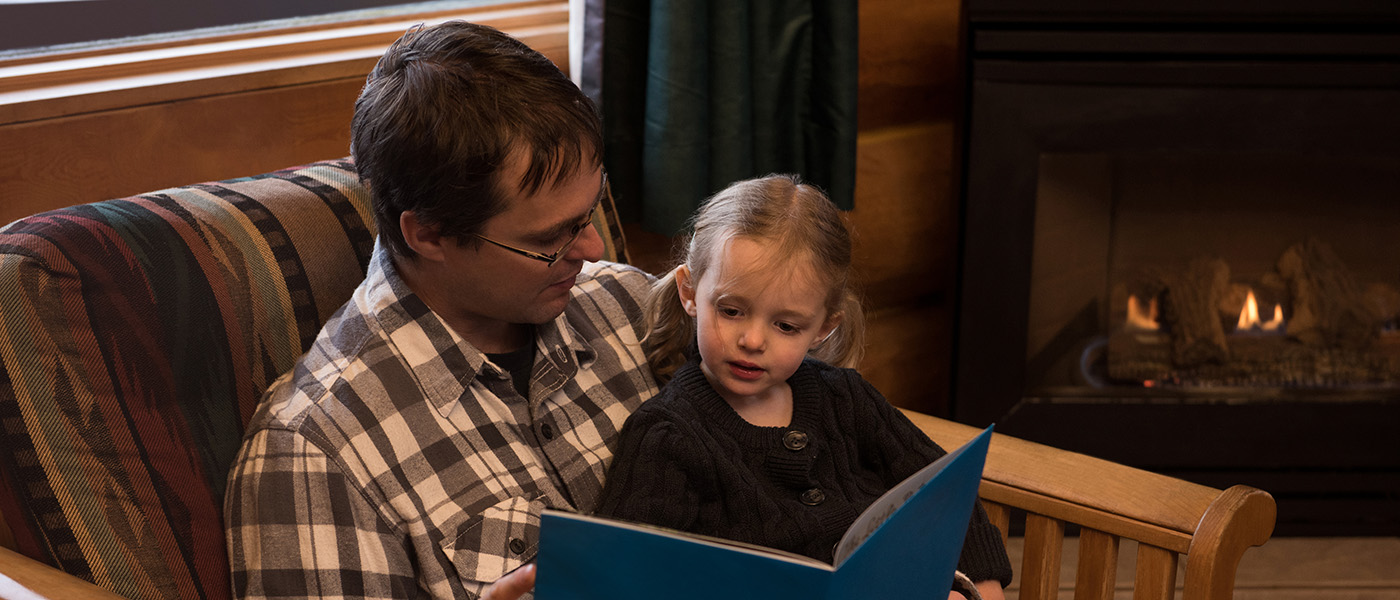The NSW Education Standards Authority (NESA) has released its English K-2 syllabus, replacing K-2 content in English K-10 Syllabus. The content is being delivered in some schools in 2022, and will be implemented in all NSW schools from 2023.
There is so much support for this exciting time of implementation of a new syllabus. The fun will be in trying out the content with our students as we build our knowledge and understanding.
Here’s a sample of what’s available.
NESA has released support information for this implementation.
The English K-2 syllabus fact sheet for school leaders provides background and an introduction. The document has a section titled ‘What you need to know’, which includes:
- reference to such essential elements as pedagogical changes
- the importance of oral language providing a solid foundation for communication
- a focus on students learning to create written texts
- clear expectations for teaching reading
- literature being highlighted as essential in the development of English and to develop a love of reading.
For those familiar with the National Literacy Learning Progressions Version 3, these are mapped to K-2 content.
The NSW Department of Education (DoE) provides additional support in the suggested instructional sequences for aspects such as oral language and communication, understanding and responding to literature, vocabulary and phonic knowledge.
Information about supporting students who may experience specific difficulties with writing skills, strategies and processes can be found on the NESA website.
Professional organisations are delivering workshops, training and sample units of work mapped to the new syllabus content. These are worth attending for the practical application of current knowledge to the new requirements.
Australian Literacy Educators’ Association (ALEA) has branches offering online professional learning from skilled and knowledgeable teachers and researchers:
• The how and why of teaching vocabulary – A practical presentation exploring the teaching of vocabulary in connection with the new NSW Syllabus.
This practical presentation is by Noella Mackenzie, Independent Education Consultant, ALEA Senior Fellow, and Adjunct Associate Professor in the School of Education at Charles Sturt University, NSW, Australia. She is also a very proud Senior Fellow with the Australian Literacy Educators Association (ALEA). Noella is an experienced literacy educator and researcher.
17 February at 3:45pm
• Developing word consciousness through engaging, high-quality literature presented by Christine Topfer over two Zoom sessions. Both sessions are included in the registration price.
Building a word-conscious culture, through fostering an interest in and awareness about the structure and power of words is key to improving student learning outcomes in spelling. Across two 90 minute sessions, Christine will explore the guiding principles for a word-conscious classroom. … Participants will see how three interdependent threads morphology, phonology, and etymology work together at the centre of a word-conscious classroom.
Individual members $30, Institutional Members $40, Non Members $60, Student Members $10
Thursdays – March 10 and March 24.
Primary English Teachers Association Australia (PETAA)
- The PETAA Home page provides an extensive introduction to the resources and features available on the site. While many are free, membership – which is very reasonably priced – allows access to hundreds of excellent, comprehensive and useful types of support.
- The PETAA Literacy Resources Portal for Early Career Teachers – practical online and video resources for addressing literacy in English. This is great support for some of those tricky areas when you are starting out, like setting up your classroom, oral language, and literacy in all subjects.
- Check out Herman and Rosie by Gus Gordan, as a sample of their units: https://twitter.com/NatCentAusChLit/status/1489887247705198594?s=20&t=U-hommdriLBTeATAOYRIOg
Joanne Rossbridge offers a range of excellent resources and professional learning. The Interacting through reading series elaborates on ‘before’, ‘during’ and ‘after’ reading strategies to use with many of our favourite texts. Joanne also produces a newsletter and blog.
- Check out this sample: Interacting through reading No 1 ‘Grandma’s Treasured Shoes’ by Coral Vass and Christina Huynh.






